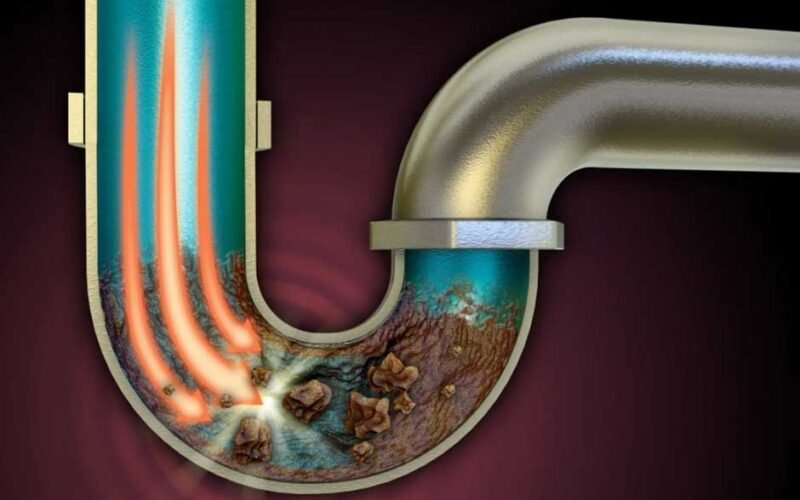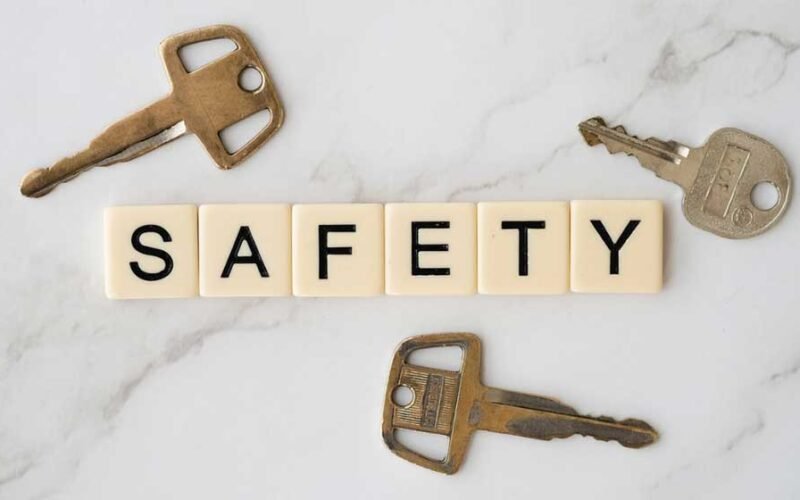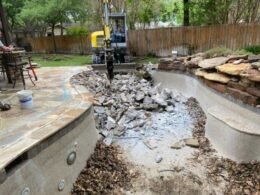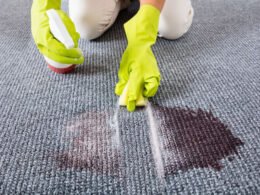Clogged drains are a common household headache that can range from a minor inconvenience to a major plumbing issue. Whether it’s a slow-draining sink or a complete blockage, addressing these problems quickly and effectively can save time, money, and frustration. In this guide, we’ll walk you through the basics of drain cleaning, including preventative measures, quick fixes, and when to call in a professional. By the end, you’ll have a clear understanding of how to keep your plumbing in top shape and avoid future clogs.
Understanding the Causes of Clogged Drains
- Hair and Soap Scum
Hair and soap residue often combine to form tough clogs, particularly in bathroom sinks, showers, and bathtubs. - Grease and Food Scraps
In the kitchen, cooking grease, oil, and food scraps can accumulate in pipes, leading to stubborn blockages. - Foreign Objects
Small toys, dental floss, and paper towels can easily obstruct pipes if they are accidentally flushed or washed down a drain. - Mineral Buildup
Hard water can cause mineral deposits to form inside pipes, gradually reducing water flow and contributing to clogs. - Tree Roots
Outside, tree roots can infiltrate underground pipes, causing significant blockages that require professional intervention.
Preventing Clogged Drains
Prevention is always better than cure. By adopting a few simple habits, you can significantly reduce the chances of dealing with clogged drains.
- Use Drain Covers
Install drain covers or strainers in sinks, showers, and bathtubs to catch hair, food particles, and other debris before they enter your plumbing system.
- Dispose of Grease Properly
Never pour grease or oil down the drain. Instead, collect it in a container and dispose of it in the trash.
- Be Mindful of What You Flush
Only flush toilet paper and human waste down the toilet. Items like wipes, cotton balls, and feminine hygiene products should be thrown in the trash.
- Regular Maintenance
Periodically flush your drains with hot water to help dissolve grease and soap scum. For an extra boost, use a mixture of baking soda and vinegar to keep pipes clear and odor-free.
- Educate Your Household
Teach everyone in your home the do’s and don’ts of drain use. A little awareness can go a long way in preventing clogs.
DIY Drain Cleaning Methods
If a clog does occur, you may be able to resolve it yourself using these tried-and-true methods.
- Boiling Water
For minor clogs, pour a kettle of boiling water directly down the drain. This can help dissolve grease and loosen debris.
- Plunger
A plunger is an effective tool for clearing clogs in sinks, bathtubs, and toilets. Make sure to use a sink plunger for flat surfaces and a flange plunger for toilets.
- Baking Soda and Vinegar
Combine 1/2 cup of baking soda with 1/2 cup of vinegar and pour it down the clogged drain. Let it sit for 30 minutes, then flush with hot water. This natural remedy is both eco-friendly and effective for mild clogs.
- Drain Snake or Auger
A drain snake is a flexible tool designed to break up and remove clogs. Insert it into the drain, twist it, and pull out any debris causing the blockage.
- Wet/Dry Vacuum
For more stubborn clogs, a wet/dry vacuum can be used to suck out blockages. Make sure to create a tight seal over the drain for optimal suction.
When to Use Chemical Drain Cleaners
Chemical drain cleaners are widely available and can dissolve tough clogs quickly, but they come with risks. Overuse or improper use can damage pipes, harm the environment, and pose health hazards. Reserve chemical cleaners as a last resort, and always follow the manufacturer’s instructions carefully.
When to Call a Professional for Drain Cleaning
- Persistent Clogs
If a drain remains slow or clogged despite your best efforts, a professional plumber can use advanced tools like hydro-jetting to clear the blockage. - Foul Odors
A persistent foul smell from your drain could indicate a deeper issue, such as sewer line problems, which need professional attention. - Multiple Clogged Drains
When several drains in your home back up simultaneously, it’s often a sign of a main sewer line clog, which requires immediate professional intervention. - Water Damage
If you notice water backing up into sinks, tubs, or toilets, call a plumber to prevent further damage to your home.
The Benefits of Professional Drain Cleaning
Hiring a professional for drain cleaning offers several advantages:
- Comprehensive Inspection
Professionals can identify underlying issues, such as pipe damage or root intrusion, which might not be visible during DIY attempts. - Efficient and Effective Solutions
Advanced tools like hydro-jetting and motorized augers ensure thorough cleaning and prevent future clogs. - Time-Saving
Instead of spending hours trying to fix a stubborn clog, a professional plumber can resolve the issue quickly and efficiently. - Long-Term Prevention
Professional services often include tips and recommendations to help you avoid clogs in the future.
Maintaining Clean Drains Over Time
Once your drains are clear, keeping them that way is essential. Here are some maintenance tips to ensure your plumbing system runs smoothly:
- Regular Flushing
Run hot water down your drains weekly to remove buildup. - Scheduled Inspections
Schedule annual plumbing inspections to catch potential problems early. - Eco-Friendly Drain Cleaners
Use enzyme-based drain cleaners monthly to break down organic matter without damaging pipes. - Watch for Warning Signs
Pay attention to slow drainage, gurgling noises, or unpleasant smells, as these can be early indicators of a clog.
Final Thoughts on Drain Cleaning
Clogged drains are an inevitable part of homeownership, but with the right knowledge and tools, you can tackle most issues head-on. Preventative measures, DIY solutions, and professional assistance when needed can keep your plumbing system in excellent condition for years to come.
For homeowners who prefer a hands-off approach, regular professional drain cleaning can save time and ensure peace of mind. Whether you’re dealing with a minor clog or a major blockage, taking swift action is key to preventing further complications.










